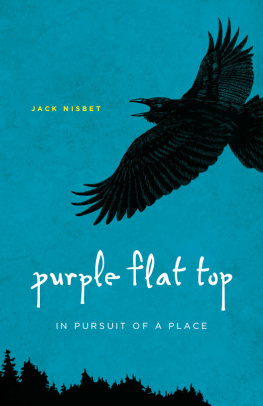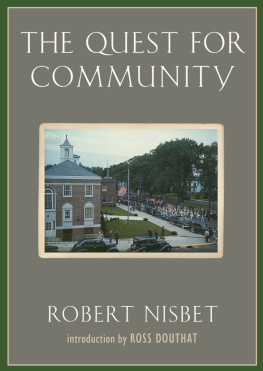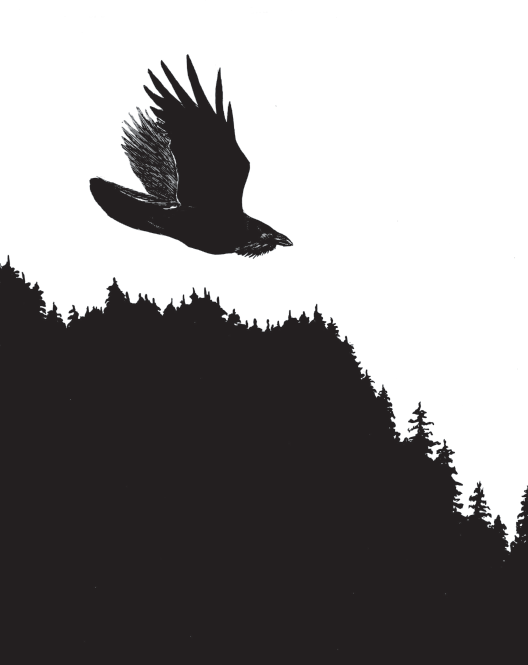All rights reserved. No part of this publication may be reproduced or transmitted in any form or by any means, electronic or mechanical, including photocopy, recording, or any information storage or retrieval system, without permission in writing from the publisher.
The paper used in this publication is acid free and meets the minimum requirements of American National Standard for Information SciencesPermanence of Paper for Printed Library Materials, ANSI Z39.48-1984.
PREFACE TO THE 2011 EDITION
The stories in this collection had their beginnings years ago, when a friend convinced me to check out a mining claim his dad had filed along a ragged arc of cliffs in a small valley in northeastern Washington. I was twenty-one years old on the day we arrived in the middle of May, just as spring burst upon the north country. Wandering the rose-and-orange rock outcrops, I found bitterroot peeking from cracks like glowing embers. It seemed as if I was budding along with them, gaining strength from the smell of pack rat urine in the tool shed where we slept during nighttime rains. I chased down the panicked chips of a McGillivray's warbler when a garter snake vandalized her eggs. On a nearby abandoned homestead, I wandered through rows of apple and pear trees whose limbs had been wracked by marauding bears. At night I pulled out my little portable Royal type-writerand tried to peck out the way the sapsuckers marked those broken branches.
I soon began writing about the human characters we met as well. I knew next to nothing about the forces that had shaped their individual worlds, but the eccentric strength of their passions, laid over the everyday routines of a small town, drew me to them with gravitational force. I wanted to explore the many ways in which these people were entangled with their landscape, and pounded away on draft after draft of what one friend called my little bullshit stories. When I showed my early efforts to some of the people who helped shape them, they took great pleasure in correcting small detailsthe style of a hat or the location of the rut that had mired us down along some backcountry road. Some would shrug and sigh before graciously pointing out places where, by their reckoning, I had become hopelessly stuck. Then, like natural teachers, they bit their tongues, stepped aside, and let me dig myself out.
Four decades have now passed since I first rolled into the Colville Valley, and many of the people who inspired these stories have passed away. But variations of certain incidents that we shared, that felt absolutely unique to that time and place, seem to keep reappearing. A spate of volcanic ashfalls in Asia suddenly alters the pattern of many lives. Wolves howl up and down the spine of the Rockies, countering behavioral predictions. White ravens captivate a community on Vancouver Island. A new vicious weed species menaces the bluffs below my present home.
The characters that inhabit these tales drift throughmy dreams as well, apart and mysterious, alive and unexplained. Pauline Flett, an old friend who is an elder of the Spokane tribe, admits to feeling the same kind of unfulfilled wonder about her grandfather Titus Garry. When Pauline was a little girl she had a special bond with her selah, and wanted to follow him everywhere. Early in the morning she would wake to the sound of him putting on his shoes and padding down the hallway. She would quickly dress and chase him outside, often with her little brother close on her heels. The two would trail their grandfather to the edge of a gravel bench behind their house, where the land dropped off. There, Titus Garry would turn around and stop his grandchildren.
You stay here, he would say. Go back to the house. Then as soon as the children turned around, he would make his way down the hill.
Years later, when Pauline was looking to build a house on her family allotment, she walked down that same hill to see where her grandfather had gone. At the bottom she found an old stock-watering trough.
Behind the trough I saw the bent sticks of a small sweat-house, she told me, weaving her fingers together to form an arch. Just a few sticks, like bones, were all that was left. My grandfather had been inside there so many times that the ground was all tamped down from his body. That's where he had gone every morning, to take his sweat before he went out into the day.
Titus Garry lived a traditional Spokane life, steeped in its language and culture. Pauline, keenly aware of what that had meant to him, has continued the same pursuit. The Spokane language is my joy, she says. I think about it all the time, awake or sleeping, alone or with other people.I can't stop myself. As she follows that with a lilting phrase in her own tongue, I realize how astonishingly lucky I was, one morning inside a small house in the Colville Valley, to hear her mother say their word for meadowlark in a way that made the bird suddenly sail across the room. The walls disappeared to reveal the valley and its encircling cliffs, freed of time's restraints, listening to Meadowlark's song.
ACKNOWLEDGMENTS
Except for a few compressions of time and some name changes, these vignettes are works of nonfiction. My sincere appreciation goes out to all the people involved.
Dedicated to the Bristol family, for keeping track of the place, and to teachers no longer with us:
Alice Abrahamson
Al Bartell
Carolina, Leo, and Hazel Beck
Lillian Bennett
Fay and Esther Bristol
Bev Drake
Walt Goodman
Klaus Lackshewitz
Shirley LaMont
Vic Lovejoy
Selena Garry Pascal
Babe and Mike Reynolds
Jack Smiley
Jan Triplett
Lynn and Donna Walker
Kenny Wuestoff
Special thanks to Tony Angell, Pauline Flett, John Lamont, Emily Nisbet, and Noreen Paulson.
Java Jive, lyrics by Johnny Mercer, music by Ben Oakland and Milton Drake. Lyrics Warner/Chappell Music, Inc., Sony/ATV Music Publishing LLC; performed by the Ink Spots, Decca Records, 1942.
The Wild Side of Life, written by Arlie Carter and William Warren, 1951; performed by Hank Thompson, Capitol Records, 1952.

Purple Flat Top











